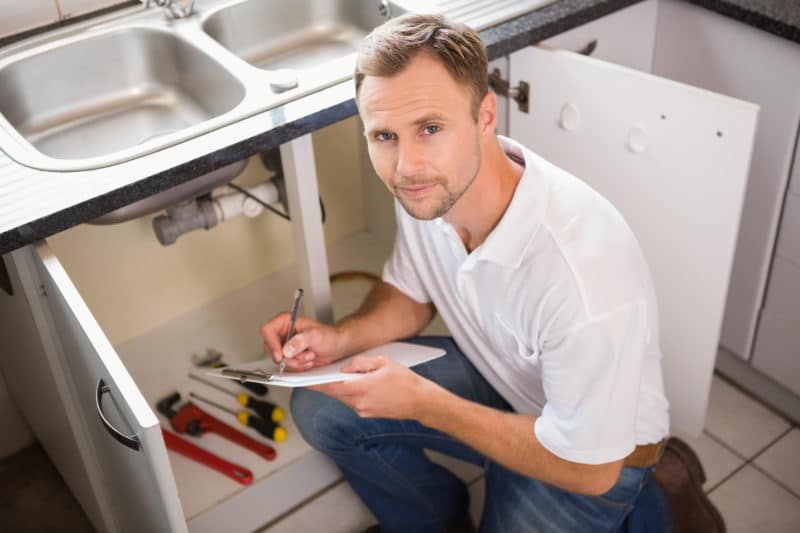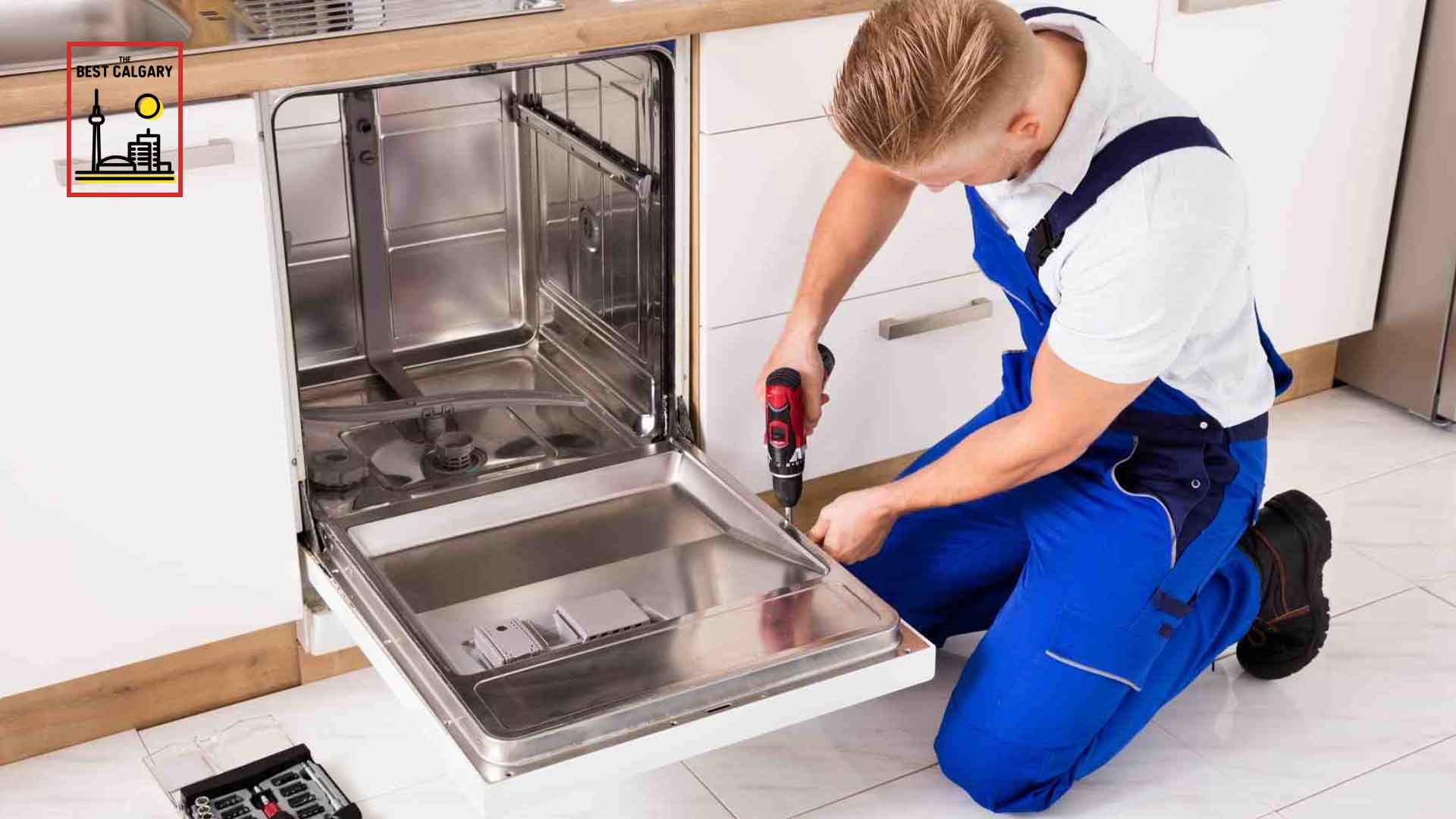Learn Stop The 6 Habits Ruining The Plumbing
Learn Stop The 6 Habits Ruining The Plumbing
Blog Article
Right here below you will discover lots of really good points concerning Can Hard Water Ruin Your Appliances?.

The key to long lasting devices, unsurprisingly, is proper maintenance. There's no hard and fast guideline that can guarantee your plumbing home appliances a lengthy wear, yet you can prevent unnecessary damage and also fixings by avoiding bad plumbing habits.
You ought to stop doing these 6 points else you'll maintain calling your plumber over for minor faults.
Purging every little thing
Yes, your commode drainpipe causes the sewage systems, however that doesn't imply you ought to dispose just anything down the drain. Many 'flushable' products are really excellent blockage starters, for example floss. Asides keeping obvious non-flushable products like cables and plastics out of your commode, you must also stay clear of flushing cotton buds, menstrual items, wipes, daipers and prophylactics down the toilet drainpipe.
Putting oil in the sink
We understand appropriately taking care of oil after a hearty meal is a discomfort. However simply pouring it down the tubes can do long-lasting injury to your pipelines. "The fat as well as oil can clog your drainpipe severely sufficient to require you to call a plumber," discusses Dawson. "Plumbing functions best when it's well looked after-- not abused with grease."
Using way too much drain cleaner
Making use of a drainpipe cleaner more than one or two times a month is an indication that something significant is taking place within your pipes. Currently, instead of dealing with the main problem, you go for a quick fix; a carbonated drainpipe cleaner. Rightfully, a drain cleaner will care for the clog, however at what cost?
The chemicals in a drain cleanser can hasten the rust of your pipelines. Include that to whatever underlying problem is triggering the obstruction and you may have to a significant trouble on your hands.
If you experience too many blockages, call your emergency plumber rather than making use of a drainpipe cleaner.
Not washing recipes before loading them into the dishwasher
it's called a dishwashing machine, however throwing in meals, pots, as well as frying pans covered in big food bits can really trigger some major damage to the appliance, leading to long-term troubles down the line. "Home owners might have to get their dishwasher fixed more frequently if they don't rinse their recipes before loading, or at the very least eliminate larger food items," describes Audrey Monell, owner of Forrest Anderson Plumbing and also A/c in Glendale, Arizona. "Food that gets stuck on recipes causes the dish washer to work harder, which can wear down components much faster, causing troubles."
DIYing whatever
With plumbing, a stitch in time actually does save 9. You can avoid a fullblown plumbing emergency by calling your plumber at the correct time.
You may have found out a few plumbing hacks from your daddy, yet you ought to recognize where to draw the line as well as call a specialist. As an example, you may be able to take care of an obstruction yourself, but you shouldn't attempt to transform a pipeline. You can mismatch pipes or overtighten a bolt, triggering more injury as well as damages than you assumed. Calling a plumber is a secure and also affordable decision.
Not changing your dishwasher hoses
One easy way to ensure that you utilize your dish washer for several years is to change the pipe a minimum of once in 5 years. This additionally applies for cleaning maker hose pipes.
Over time, food fragments, soap as well as grease can create blockages within your pipes. Changing them on schedule will certainly stop any presure accumulate that can damage the inner functions of your dish washer or washing equipment.
A strengthened steel entwined hose pipe does a wonderful task of lengthening your machine's use time.
No winter months safety measures
Severe weather conditions are bad for your pipelines, specifically if they're made of steel. You ought to protect your revealed pipelines, and your water tank, even if you have a water heater. You must additionally turn off your garden pipe shutoff and any other exterior water networks. These networks are outlets for chilly; you pipelines can begin to freeze from outside if you don't.
How Hard Water Damages Your Plumbing and Appliances
Hard water is no stranger to most households across America. This silent invader affects 85% of homes in the United States every day, wreaking havoc on pipes, plumbing fixtures, and water-using appliances.
Should you become a victim of hard water, you must understand exactly what it is and how it affects your plumbing and appliances. This will help you determine the correct measures to put in place to fix or prevent any problems that may arise.
First off, what exactly is “hard” water?
In short, “hard water” is used to describe water that contains relatively high amounts of dissolved minerals, primarily calcium and magnesium, and a host of trace metals. When rainwater falls from the sky (usually in a pure form), it absorbs the hardness minerals from rocks and soil, which changes it from soft to hard water.
What about my plumbing and appliances?
Mineral deposits from hard water can cause buildup on tubs, shower, sinks, faucets. But that’s only a small scratch of the surface. Those minerals can gradually build up inside pipes, fixtures, water heaters, washing machines, and dishwashers. Once they accumulate in those areas, they can clog pipes and create major problems throughout your plumbing system, from reduced water flow to increased pressure on pipes and fixtures.
This limescale buildup might affect some appliances, causing them to operate less efficiently and wear down faster. And the result? Higher energy bills, more (costly) plumbing replacements and repairs, and damaged appliances.
Keep in mind that certain types of plumbing are more susceptible to clogging than others. Copper, PVC, and PEX pipes are more resistant to hard water buildup and corrosion, but they can still get clogged or completely blocked by scale deposits.
How do I know if my water is hard?
White limescale buildup on plumbing fixtures (or any of the other signs mentioned above) is usually a good sign that your water is hard. If you suspect that you have hard water, you can simply shake up a small amount of dish soap and water in a closed container. If the mixture doesn’t create a lot of suds, you probably have hard water.
The most precise method, however, is to test your water with a DIY test kit (sold online or at local home centers or hardware stores) or send a water sample from your tap to a local lab to be tested. Be sure that you understand the nature of the test, the water condition being measured, and the significance of the test results.
Another way to obtain an estimate of water hardness is to check your annual water quality report to see if your water provider has reported any instance(s) of water hardness in your water supply.
https://www.springwellwater.com/how-hard-water-damages-your-plumbing-and-appliances/

As an avid reader about Don’t Let an Earthquake Damage Your Plumbing, I think sharing that section was valuable. Remember to take the time to share this page if you enjoyed it. Thanks so much for going through it.
Get A Free Estimate Report this page